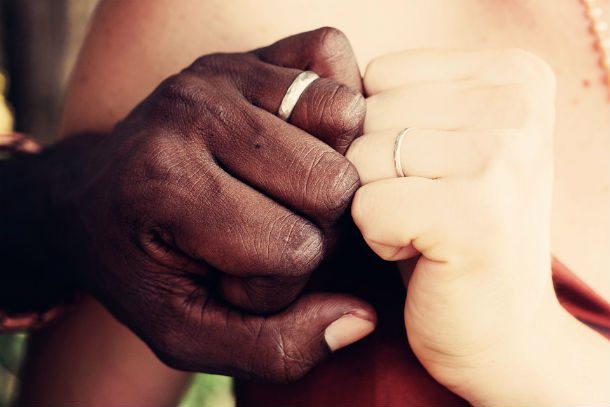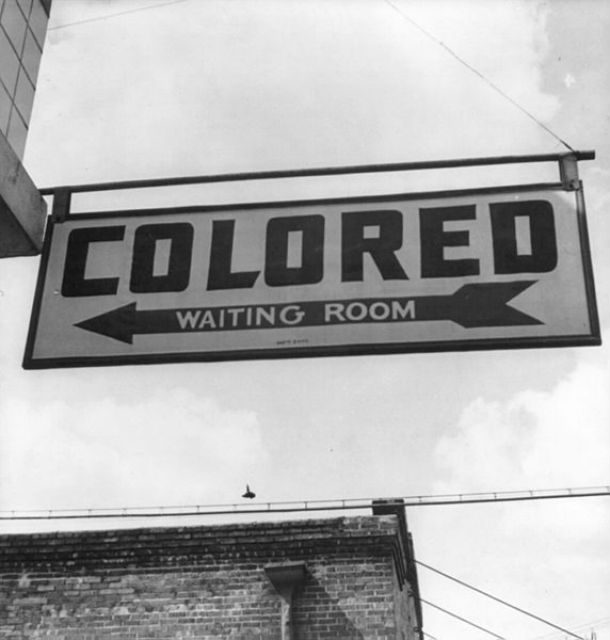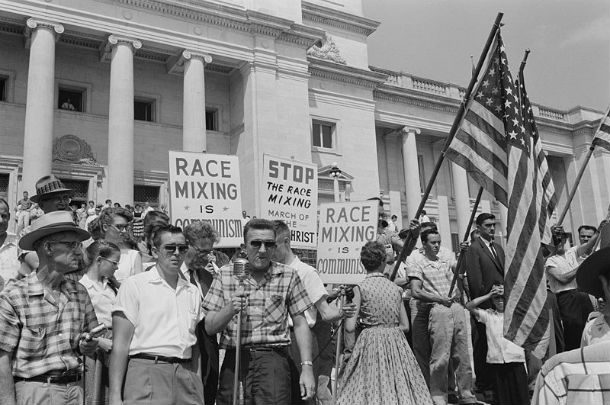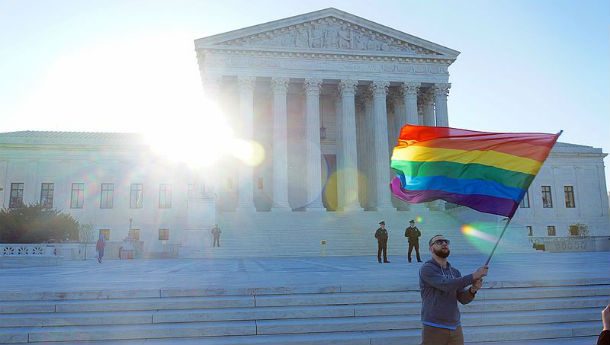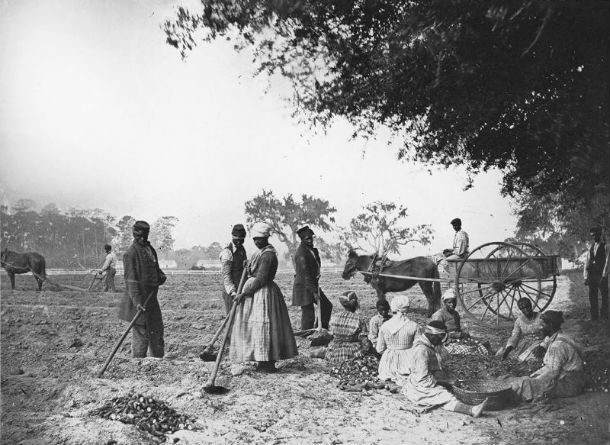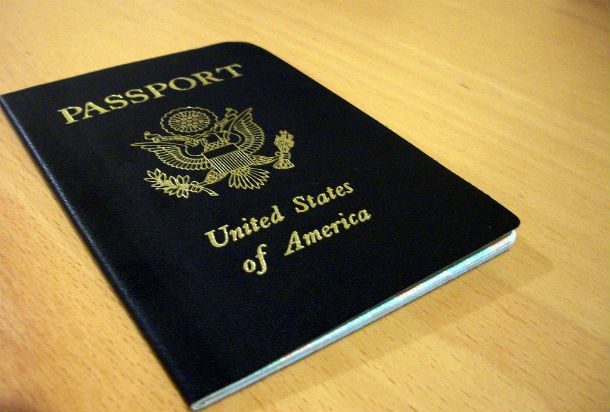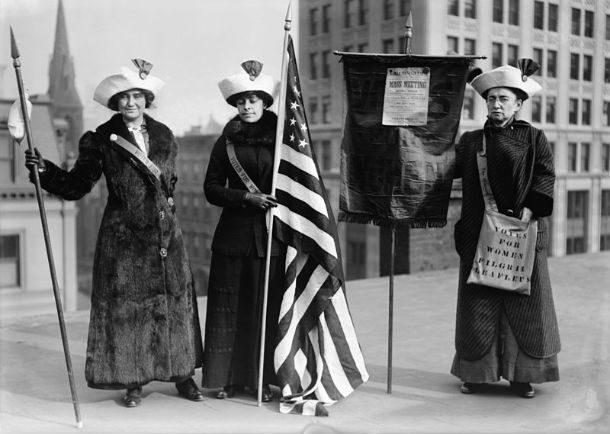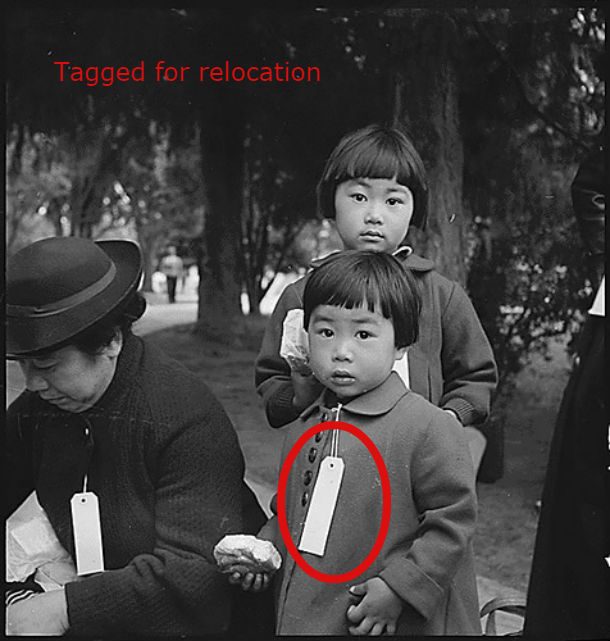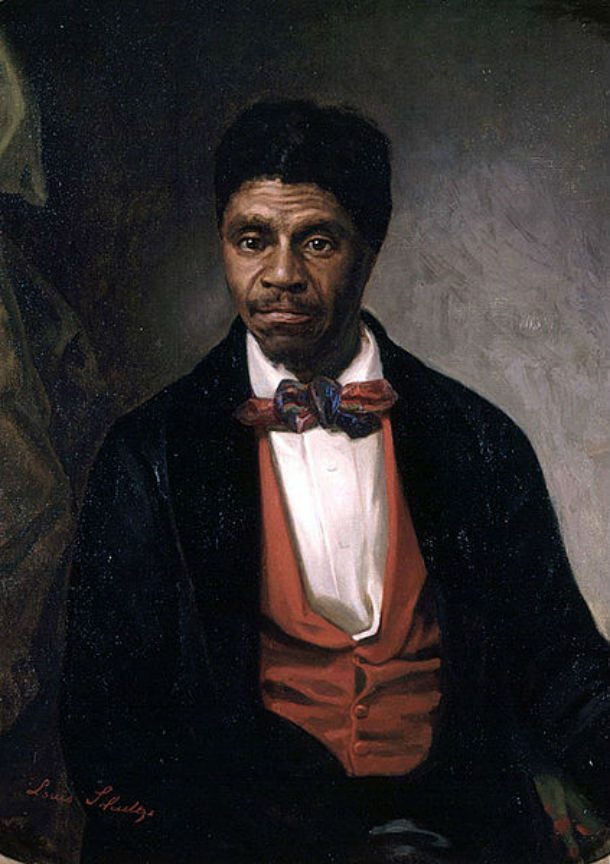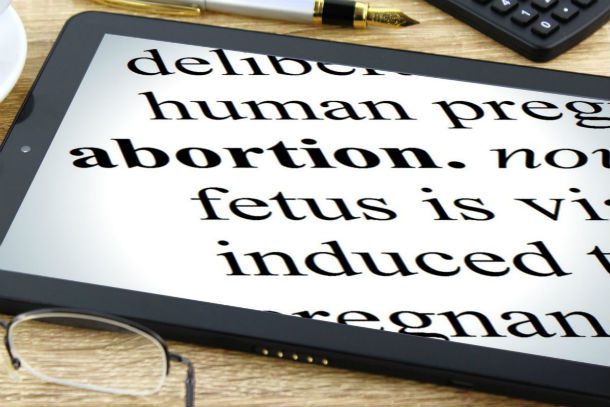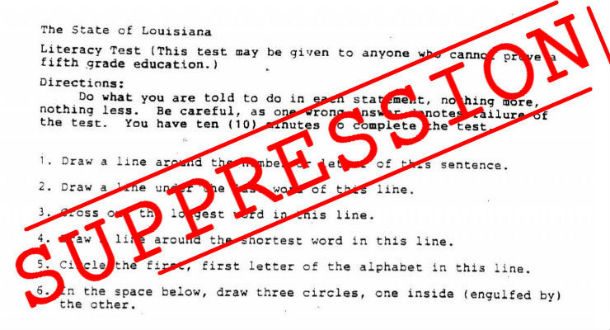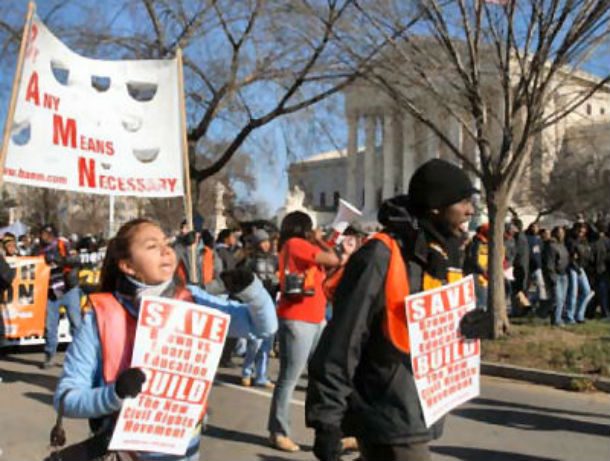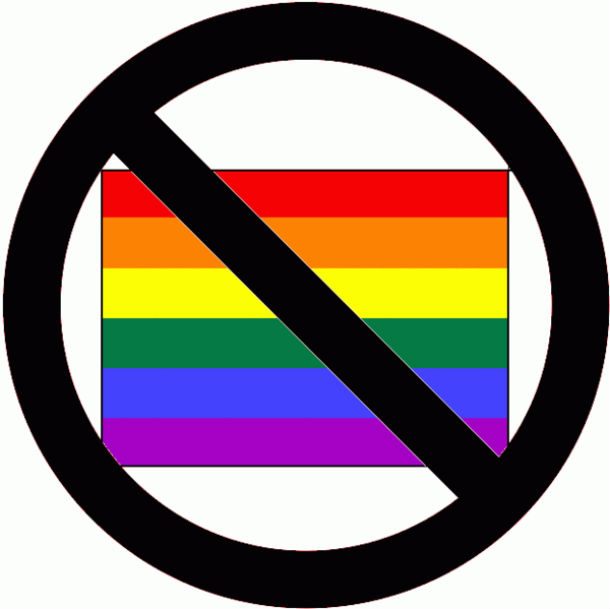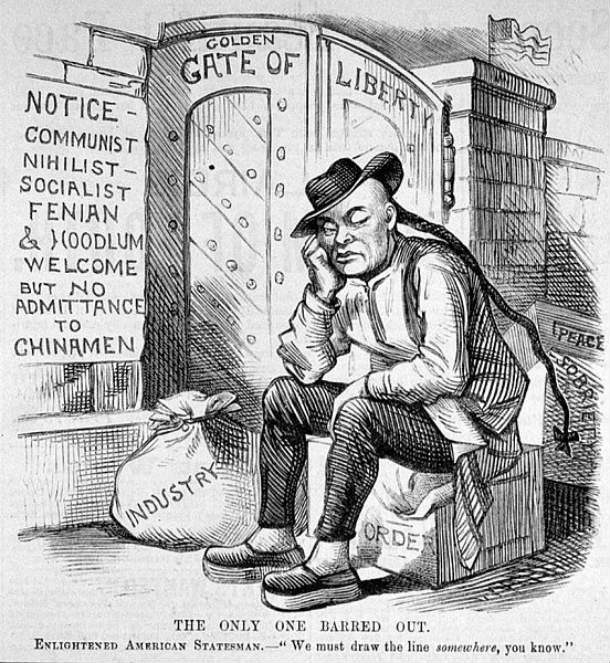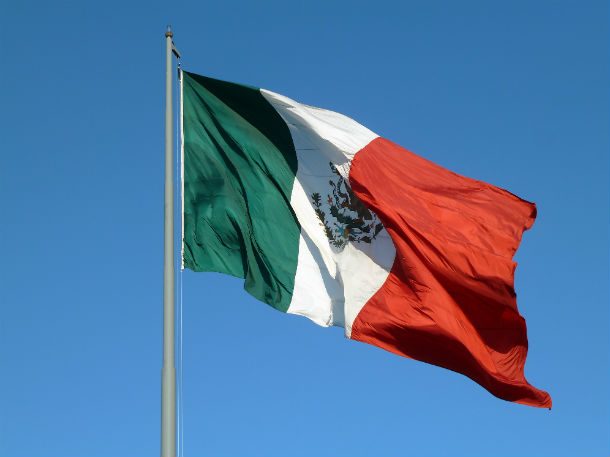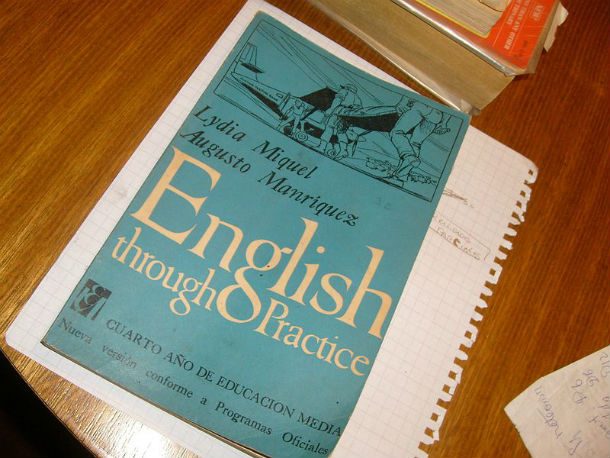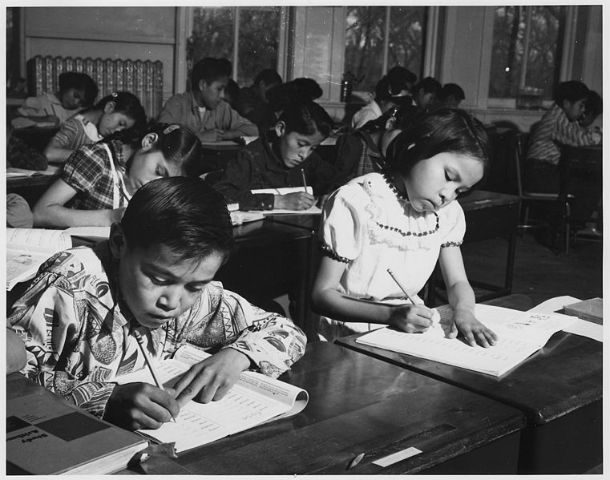As you will see in this list, dedicated civil rights groups like the American Civil Liberties Union (ACLU) are on the front lines, fighting to make sure we avoid laws that are hateful, discriminatory, or downright unfair. While they have made significant progress, more work is needed. As the saying goes, “Those who do not learn history are doomed to repeat it,” so take a trip through history with us as we visit 25 Crazy Laws You Wouldn’t Believe America Would Still Have If It Weren’t For Civil Rights (and let’s not repeat history). In 1954, the Supreme Court ruled that in places of public education, “Separate but Equal” didn’t apply (Brown vs. Board of Education) and was a violation of the 14th Amendment. While this ruling was a victory for civil rights, many states remained stubborn, and in some instances the National Guard had to be called in to get children to school safely. At one point in Arkansas, all public schools were completely closed to prevent any black students from attending. This closure lasted for about a year until in 1959, the Supreme Courts had to step in again to order them re-opened. The law stated if a woman married an “ineligible or non-citizen,” she would be stripped of her own citizenship. The premise was that women took the nationality of their husbands. Since the husbands were not US citizens, the women who married them lost their US citizenship. This law, the Cable Act, was finally changed in 1931 to allow women to at least be able to marry men from select countries and retain their citizenship; the Act was put to a complete end in 1936. In 1924, Native Americans were granted US citizenship, and in 1968, the Indian Civil Rights Act granted Native American tribes many of the same rights that are stated in the Bill of Rights. Interested in learning more about the history of women’s rights? Take a look at 25 Intriguing Facts About The History Of The Feminist Movement. In 1990, Congress passed the Americans with Disabilities Act, requiring public places to be accessible to those with disabilities and nixing job discrimination practices against those same people. As a small step in the right direction, President Clinton enacted “Don’t Ask, Don’t Tell” in 1993. Even with this policy, the military would cut the service member’s severance in half if they were involuntarily discharged from service due to “homosexuality.” So…We won’t ask; you don’t tell, but if we find out, we’ll discharge you and cut your separation pay in half. In 2010, the ACLU won a major victory on behalf of all servicemen and women who had been discharged under this policy. In Collins vs. the United States, the Court ruled in favor of Collins and other service members included in the class-action law suit. Finally, in 2011, President Obama lifted any ban on gays being able to openly serve in the military. While we’ve showed some of the horrible laws created and upheld by the US government, here is one place the US government got things right. In regards to private education, the IRS denied tax-exempt status to private schools that practiced discrimination. In the 1983 case Bob Jones University vs the United States, the Supreme Court decided to uphold that IRS rule. As a “reward” for becoming an ally in the war against Germany and Japan, Congress repealed this law in 1943 and set a quota of admitting 105 Chinese immigrants a year. Yes, you’re reading that correctly; the US government, at one point not that many years ago, actually deported its own citizens…all because they were originally born somewhere else. Love the English language and all its craziness? Take a look at 25 Common Sayings And Where They Came From. As you can see in this list, the efforts of civil rights groups like the ACLU make huge differences in society. If you want to support the efforts of ACLU in keeping our Civil Rights a reality, you can do so by donating to them here.
